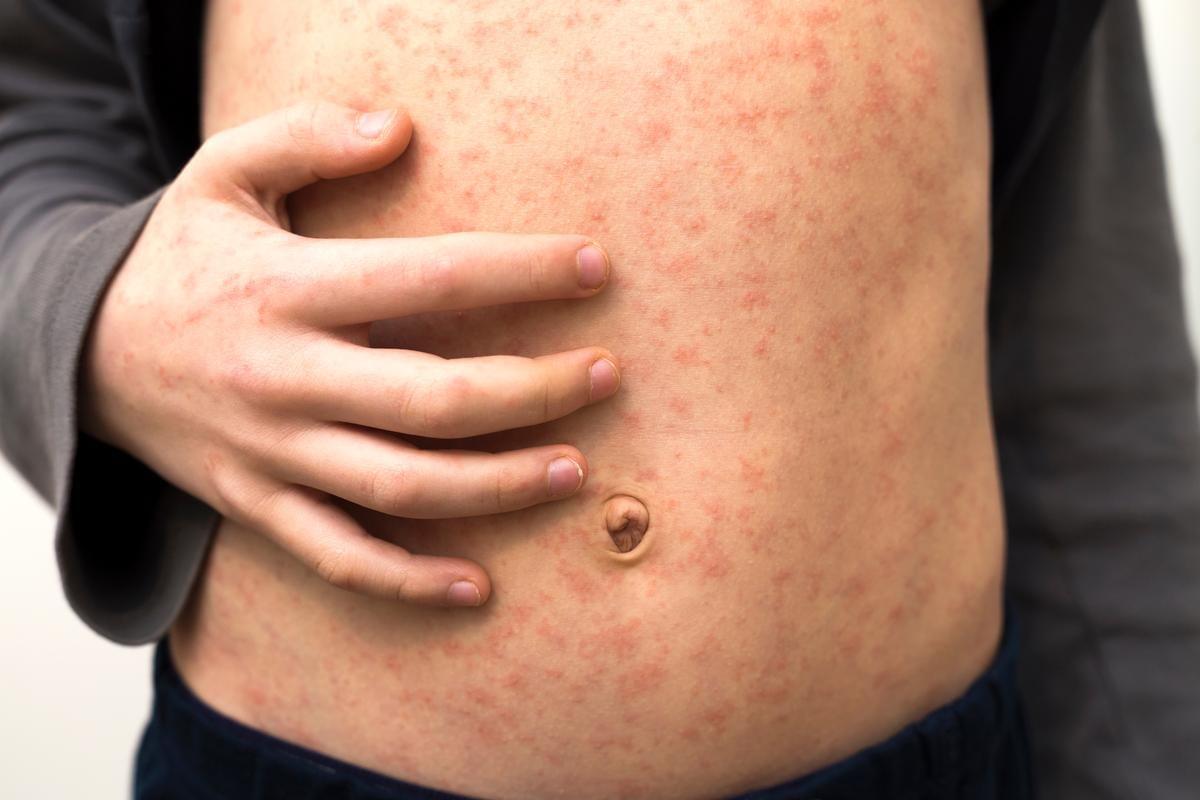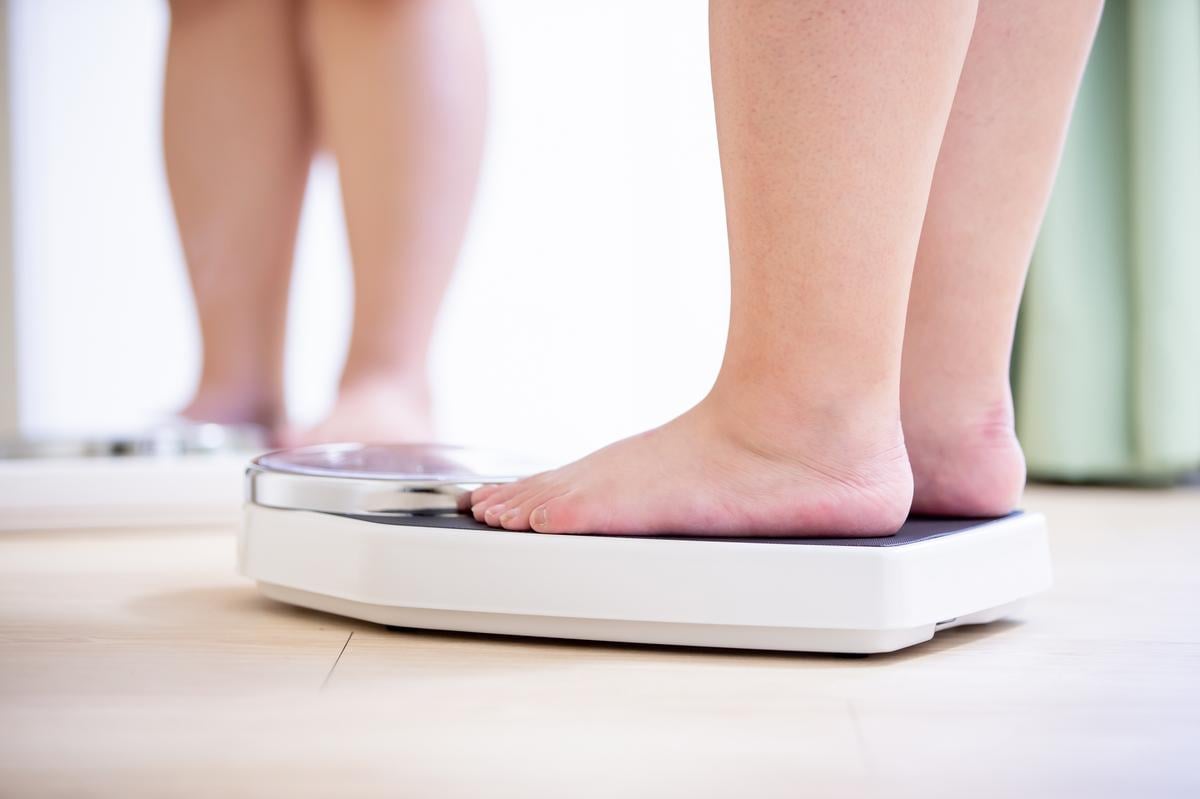
A dose of green may be just what school kids with anxiety, depression and other mental health issues need, new research shows. Canadian investigators found that a school program that let 10- to 12-year-olds spend a little time each week in nature paid dividends in improving kids’ mental well-being. “Nature-based programs may offer targeted benefits… read on > read on >


















